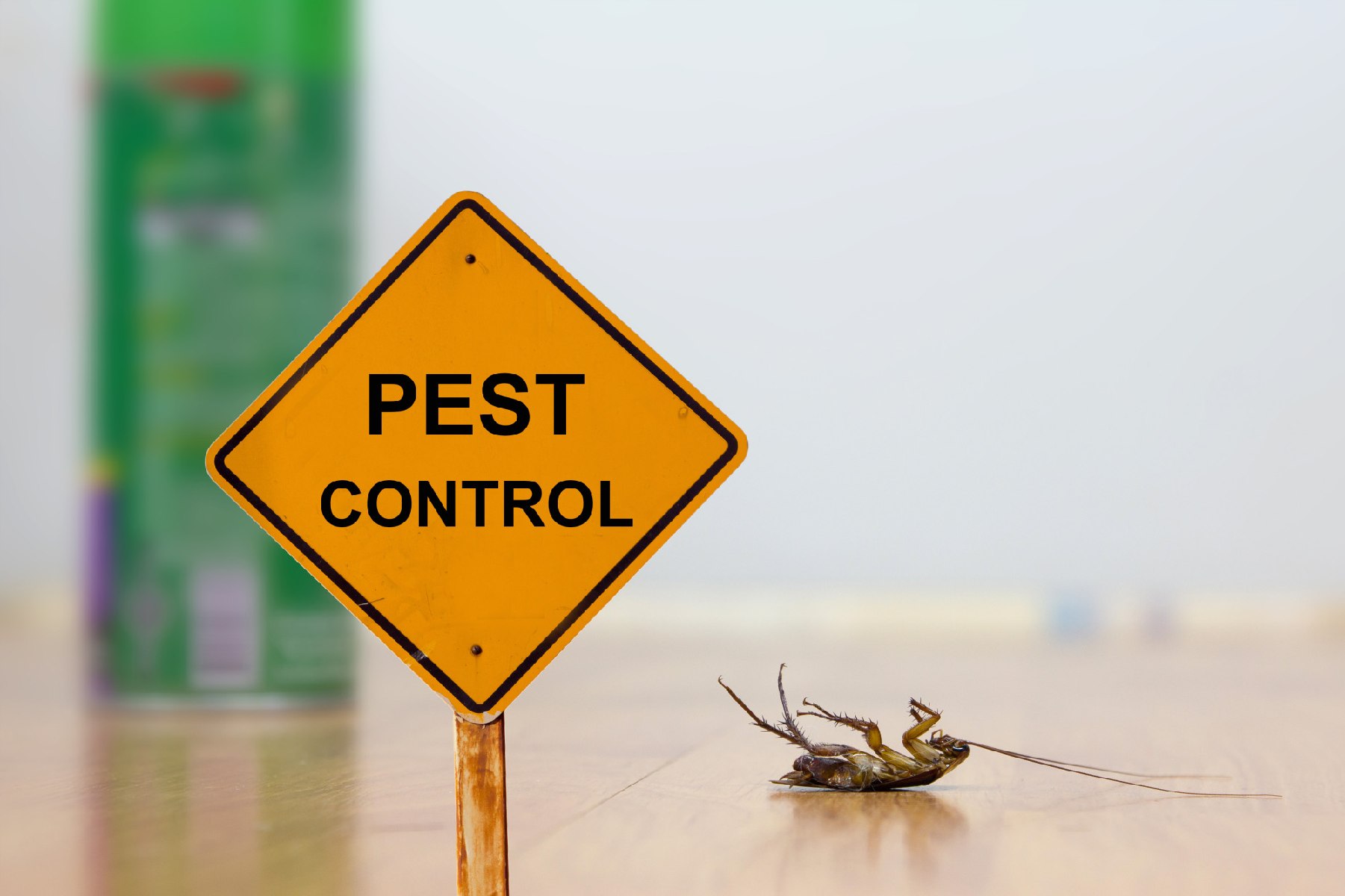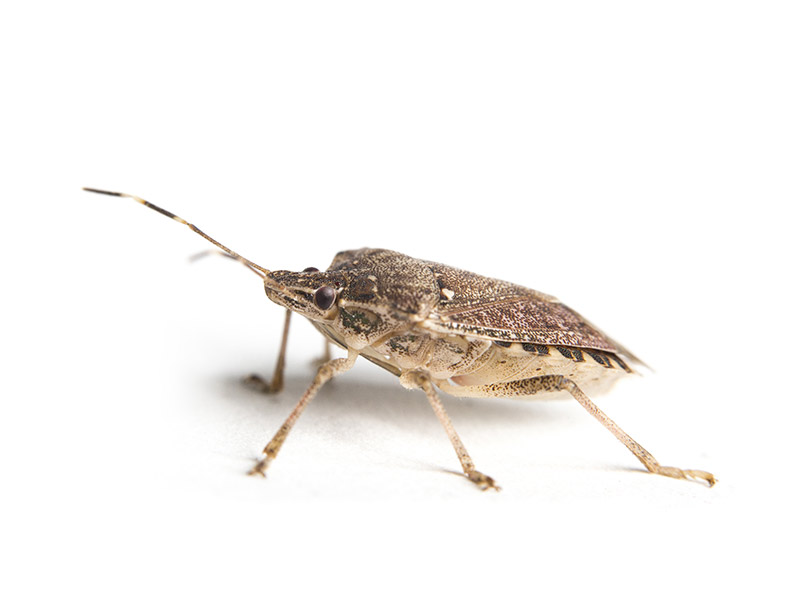Enjoy top-rated Pest Control for guaranteed pest prevention to keep your home safe.
Eco-Friendly Insect Control Approaches for Managing Wildlife in Urban Areas
Urban locations frequently discover themselves at the junction of human activity and wildlife, bring about unique difficulties in bug monitoring. Environmentally friendly strategies emphasize sustainable coexistence, utilizing methods such as environment alteration and all-natural repellents to mitigate human-wildlife problems. These approaches not just protect the environment but likewise boost community engagement in wildlife monitoring. As city populaces remain to expand, recognizing the dynamics of wildlife interactions ends up being progressively vital. What cutting-edge approaches can be executed to make sure both eco-friendly equilibrium and metropolitan security? Exploring this question reveals a compelling landscape of potential solutions.
Comprehending Urban Wildlife Dynamics
Recognizing Urban Wildlife Characteristics is necessary for establishing effective and environment-friendly insect control strategies. Urban locations are increasingly coming to be habitats for numerous wild animals varieties, driven by factors such as environment fragmentation, food availability, and human advancement. Recognizing these characteristics permits a nuanced approach to pest administration that aligns with eco-friendly principles.
Urban wild animals commonly includes types such as raccoons, squirrels, and birds, which adjust to city atmospheres, locating niches in environment-friendly rooms, parks, and even suburbs. Their existence can bring about conflicts with human beings, especially when they manipulate human resources for food and shelter. Recognizing the behaviors and environmental duties of these types notifies approaches that reduce adverse interactions while advertising biodiversity.
Moreover, recognizing the interdependencies within urban environments aids in identifying vital areas for habitat conservation and reconstruction. This knowledge contributes to the advancement of integrated parasite management (IPM) techniques that think about the environmental equilibrium, therefore lowering reliance on damaging chemicals. By promoting conjunction in between people and city wild animals, cities can produce much healthier atmospheres that profit both locals and neighborhood environments, leading the way for sustainable urban living.
All-natural Repellents and Deterrents
All-natural repellents and deterrents provide a sustainable choice to standard bug control approaches by using the power of nature to maintain undesirable types away. These green remedies commonly make use of plant-based active ingredients, necessary oils, and various other normally happening substances that deter parasites without damaging the atmosphere.
One efficient natural repellent is peppermint oil, which is known to repel rats and bugs. Its strong aroma is unpleasant to lots of insects, making it a popular selection for metropolitan settings. Vinegar and citrus peels can offer as deterrents, as their strong odors are commonly unattractive to various wild animals.
Additionally, diatomaceous planet is a natural powder that can be spread in locations prone to parasite activity, effectively drying out and deterring pests without presenting risks to non-target types. Garlic sprays and neem oil are recognized for their capability to repel a wide variety of pests, including both pests and larger wild animals.
Executing these all-natural repellents not only decreases dependence on chemical pesticides but also promotes a healthier metropolitan ecosystem, promoting an extra balanced coexistence in between humans and wild animals. By making use of these approaches, urban areas can successfully handle parasite populaces while reducing environmental effect.
Environment Alteration Methods
Reliable environment modification strategies play an essential function in sustainable parasite management by changing the atmosphere to make it less for pest problems. By recognizing the ecological dynamics of metropolitan locations, home owners can carry out calculated modifications that prevent bugs while promoting biodiversity.
(Spider Control)One key technique includes preserving appropriate hygiene. This consists of normal waste elimination, safeguarding garbage can, and eliminating standing water to reduce breeding sites for insects and rodents. Additionally, landscaping methods such as choosing native plants look these up can improve environmental balance, supplying environments for valuable microorganisms while decreasing sources for parasites.
One more essential strategy is to secure entry points in structures. Evaluating and repairing cracks in structures, walls, and home windows can dramatically decrease pest access. Producing physical barriers, such as fencings or plant buffers, can prevent wild animals movement into human-inhabited locations.
Integrated Parasite Management Practices
Building upon habitat alteration techniques, integrated pest monitoring (IPM) techniques use an all natural approach to managing parasite populaces while reducing environmental influence. IPM incorporates different strategies, consisting of biological, social, mechanical, and chemical controls, to achieve reliable bug monitoring.
Biological control entails the introduction of all-natural killers or parasites to minimize parasite populations. Social techniques, such as plant rotation and cleanliness, interfere with pest life cycles and decrease their environments - Pest control service. Mechanical controls, like traps and barriers, give immediate relief from bug stress without chemical intervention
Chemical controls are utilized as a last resort, concentrating on targeted applications that restrict harm to non-target types and the setting. The option of eco-friendly pesticides, when needed, is integral to the IPM framework. Additionally, monitoring pest populations and examining possible damages aids educate decision-making, ensuring that interventions are prompt and efficient.
Area Participation and Education And Learning

(Mouse Control)Workshops and informational sessions can gear up locals with knowledge about indigenous varieties, environment conservation, and effective safe parasite management strategies. Collaboration with schools, local companies, and federal government companies even more enhances academic outreach, making sure that necessary info reaches varied target markets.
Furthermore, community-led initiatives, such as area clean-up days and environment reconstruction tasks, not only promote biodiversity yet likewise strengthen area ties. Pest control service. By encouraging citizens to share their experiences and observations, areas can establish targeted strategies that resolve certain local parasite concerns
Integrating feedback from homeowners into parasite administration plans makes it possible for a much more receptive and adaptive strategy to wildlife obstacles. Eventually, notified and involved communities are crucial to achieving long-lasting success in environmentally friendly parasite control, resulting in healthier city atmospheres that value both human and ecological requirements.

Verdict
In final thought, environment-friendly bug control approaches offer lasting remedies for taking care of city wild animals. By focusing on environment adjustment, utilizing all-natural repellents, and carrying out incorporated bug administration practices, areas can foster an unified conjunction with local animals.